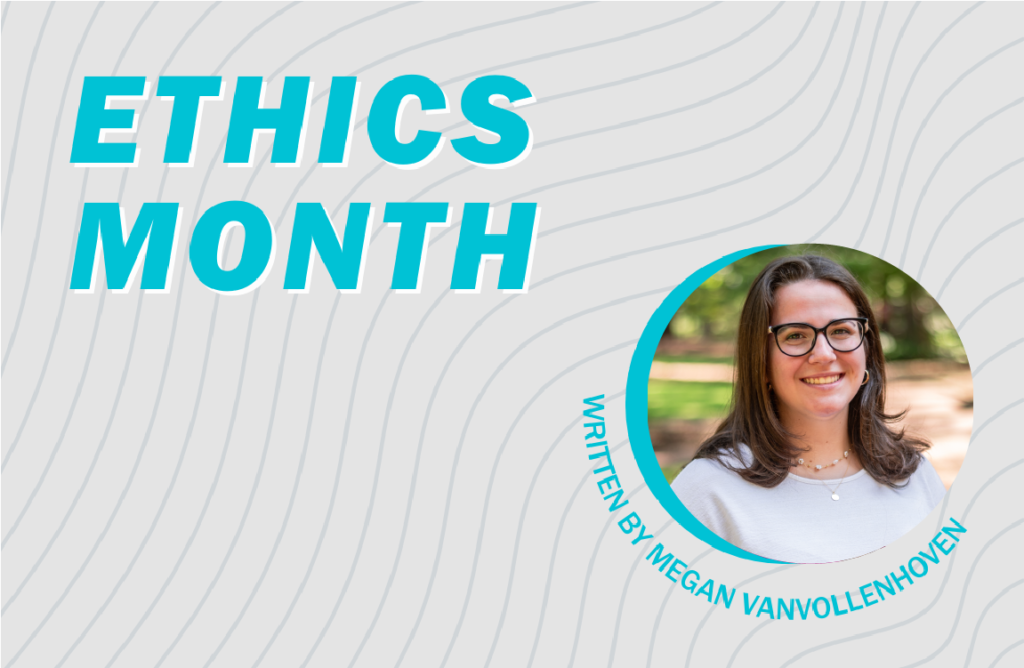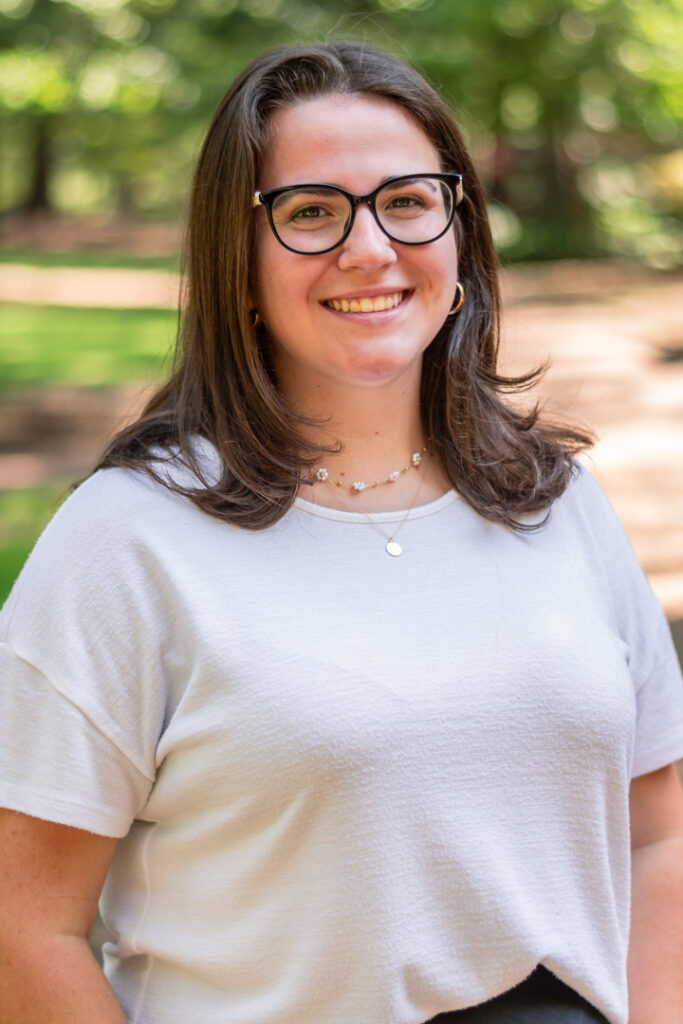Making the Right Choice: Everything About PR Ethics.

What is the right choice? As students, we constantly face this question. Whether we are choosing a major, what to get for lunch or whether to hang out with friends or study; we constantly have to make choices. The choices we make today have an impact on our futures and sometimes making the wrong choice can have serious implications. The pressure of constantly making choices while navigating an uncertain path and figuring out who we are can be paralyzing.
As students interested in public relations, we face many choices when it comes to our careers. We could choose to work in the nonprofit sector, or maybe we would prefer the agency lifestyle. Public relations may lead us to work in areas like government, healthcare or finance. No matter what route we may choose, all of these fields can be tied together by the need for ethics. Ethical decision-making will serve as the foundation of any PR practitioner’s career.
When students are faced with a hypothetical ethical challenge, the answers seem clear. However, as we gain more experience and are trusted with more responsibilities, we will begin to see where making the right choice is not always obvious. As students, it is important to develop an ethical compass so that in the future we can use reason to make informed, ethical decisions.
So how do you strengthen your ethical compass? This is not a skill that develops overnight. After reading this article, you will not be able to make every choice correctly the first time. However, the following steps and advice should help you begin to develop your ethical compass and see where your true values persist.
The PRSA Code of Ethics can serve as a great tool when faced with an ethically ambiguous scenario. It explains that when practicing public relations, one must be a fair, honest, independent and loyal expert who advocates for their organization’s best interest. This initially may seem like a lot to process but if you begin to break down the components of the Code of Ethics you will see that practicing ethical PR is not so complex.
Practicing ethically is probably something you do without realizing it. It may happen in friendships or as a student leader. In your friendships, you are trustworthy and loyal. You build up these relationships rather than tear them apart. However, setting boundaries and being independent is an important part of a healthy friendship. This is similar to the relationships PR practitioners have with their clients. You want to nurture your client relationships but still be independent and stick to your scope of work.
So how can students begin practicing ethical decision-making while still in college? Student leadership is a great place to start curating your ethical compass. As a leader of your peers, you are held to a high standard. If people elect you to serve as their leader it means they have placed trust in you. By upholding this trust and serving to the best of your ability you are practicing ethical decision making. You are choosing not to cause corruption and chaos. Stable and sensible leadership is an example of a solid ethical compass.
Whether in your personal life, in on-campus leadership positions or in your internships, you practice ethical decision-making. PR pros weigh the impact of words and actions all the time and have to make choices based on predicted outcomes. This is something students do often. Making the right choice is often not easy but by implementing the lessons of the PRSA Code of Ethics into your decision-making process you will be able to make conscientious decisions that align with your morals. The earlier you cultivate this skill the more of an asset you will be in future internships and jobs.
Megan vanVollenhoven, the PRSSA 2023-2024 vice president of professional development, is a junior studying public relations at the University of South Carolina. To complement her major, vanVollenhoven has a dual minor in informatics and music industry studies.
vanVollenhoven has been involved with PRSSA since her freshman year of college. Last year she served as the vice president of membership for the University of South Carolina Chapter. In this role, she helped her Chapter increase their membership by over 50%.
Outside of PRSSA vanVollenhoven is a member of the accounts team for The Carolina Agency, USC’s Student-run Firm. She is also a Peer Leader for University 101, a course where she helps first-year students transition to college during their first semester. Additionally, vanVollenhoven has been a leader of the Carolina Judicial Council, her Panhellenic Sorority and the Gamecocks Club Field Hockey team.


In a time of AI usage and data privacy debates, I think that the PR ethics conversation is very important for college students. Thank you for starting the conversation! As an editor/writer for Platform Magazine, we often cover ethics in the industry, but your piece does a great job creating the first steps for college students to be ethical. I look forward to further exploring the PRSA Code of Ethics.